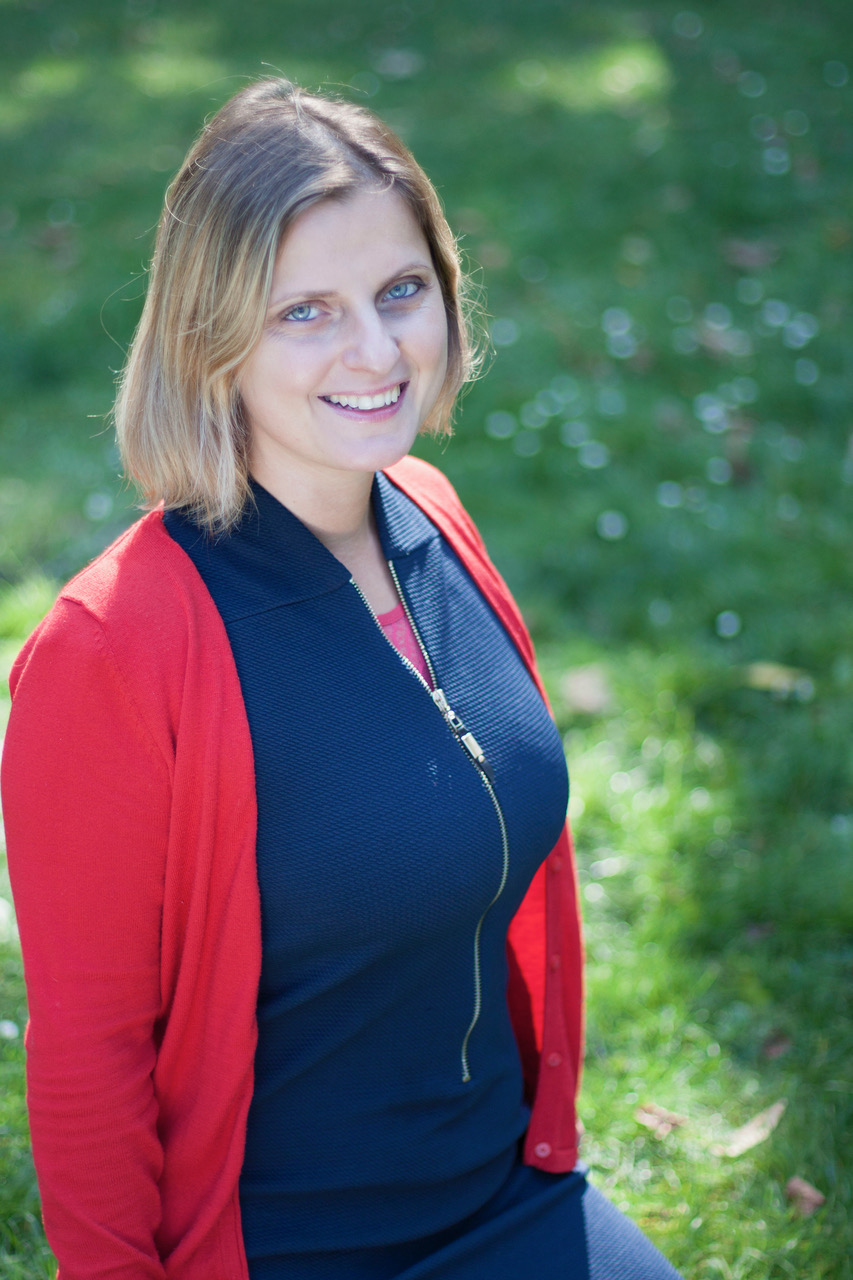
European cities look to scale solutions through Sharing Cities project
21 January 2019
by Jonathan Andrews
By Bernadett Köteles-Degrendele, Smart Cities Project Coordinator, EUROCITIES
Cities across Europe are coming together with the assistance of European funding to trial new ideas to benefit the environment and improve people’s lives.
The 12 smart city ‘lighthouse’ projects, consisting of 79 cities, almost two-thirds of which are EUROCITIES members, replicate and scale-up successful local policies and measures for wider use.
Smart lampposts are an example of such measures, where the simple use of LED bulbs and smart sensors can dramatically reduce municipal energy use. This is just one of many bright ideas lighting a path across Europe to a climate friendly, citizen-centred future.
As replication lead in the Sharing Cities project, which commands €25 million in EU funding, EUROCITIES has worked with the lighthouse cities of London, Lisbon and Milan.
In London’s Royal Borough of Greenwich, a new electric car club has made electric vehicles available for residents to rent by the hour, as well as installing new charging points for those with electric cars of their own.
In Milan, the project’s third massive energy efficiency building retrofit has just been completed. This latest building alone, now fully insulated and equipped with smart energy management and a range of other improvements, will save 65 tonnes of CO2 emissions per year–equivalent to planting 870 trees annually. It will also make residents’ apartments more comfortable and cut their electricity bills in half.
Lisbon has just launched its Digital Social Marketplace, a brand new municipal platform where residents can earn points for taking energy efficient transport to work, shopping sustainably, or using less electricity at home. With these points, Lisboans can earn discounts, or contribute towards local causes.
In Sharing Cities, the ‘fellow’ cities, Bordeaux, Burgas and Warsaw are given a direct line to the lighthouse cities–including visits, meetings, and technical guides–so that they can replicate these advances for their own residents. This is not the end, but the beginning of the replication process. As they each tailor these solutions to their own contexts, fellow cities help us understand how the project’s technical advances are best adapted and communicated to be useful to other cities desiring to take similar steps.
In addition, all results are open and accessible via the Sharing Cities’ Knowledge Platform which gives other cities an opportunity to get ideas and become involved in the exchange. In this way, we reach out directly to over 100 cities.
EUROCITIES, as a city network, plays a key role in ‘connecting the dots’, making sure that cities participating in different lighthouse projects share knowledge. The MatchUP project is one such example, which works with cities from Valencia to Dresden and Antalya. By cooperating with other lighthouse projects, like Sharing Cities, the options for replication and scale-up are increased.
In looking to adopt new ideas, one challenge for cities is their capacity to transform themselves and work with new business models. Our work within the European Innovation Partnership on Smart Cities and Communities, where we chair the action cluster on ‘business models, finance and procurement’ is another example of how we help turn smart city concepts into real solutions by, for example, matchmaking investors to project proposals.
Bringing the lighthouse experience to other cities, companies and investors can lead to other breakthroughs, such as strategic procurement decisions. Rather than become beholden to one vendor of smart technologies, cities can team up to demand innovative solutions from the market that match their needs. In this way cities can position themselves as market shapers, able to exploit economies of scale and drive technological advances.
By focusing on the impact in people’s daily lives and on the environment, cities are paving a way forward that uses technology as an enabler to ensure that as cities become smarter they remain citizen-focused. Working closely with their citizens and with each other, cities are shining a light on Europe’s future.
EUROCITIES is the political platform for major European cities. The network connects 140 local governments of Europe’s largest cities and more than 40 partner cities that between them govern some 130 million citizens across 39 countries. www.eurocities.eu











